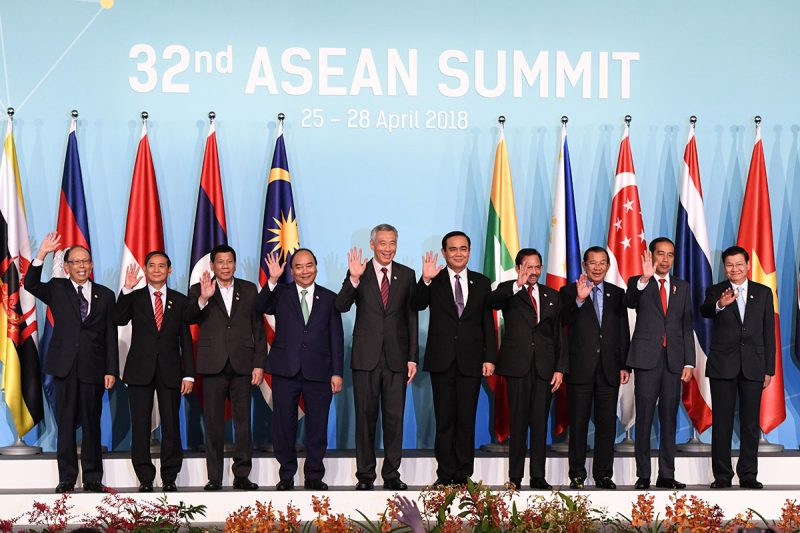The ASEAN US dollar reliance is changing dramatically, and the changes are happening fast. This process also applies to Vietnam and Indonesia, which are two key members of the Southeast Asian Nations.
They are also poised to take steps to reduce their dependence on the dollar. This move joins those of other countries in the region that want to promote local alternatives for regional trade.
Also Read: 10 ASEAN Countries To Ditch the U.S. Dollar
Southeast Asia Currency Shift: Vietnam and Indonesia Lead the Way


Vietnam’s Bold Move Towards Local Currency Trade
Vietnam has recently signed a trade agreement with Russia. This trade agreement enforces the use of local currencies and showcases ASEAN US dollar goals.
This decision was made during Russian President Vladimir Putin’s visit to Vietnam. This direction marks an important step in ASEAN’s de-dollarization efforts.
Vietnam’s president and Putin discussed varied important topics, but the currency settlement was a focal point. This move also moves Vietnam closer to the perspective of the BRICS alliance on reducing US dollar dominance in international trade.
Indonesia’s Push for Alternative Benchmarks


Indonesian President Joko Widodo has been very outspoken about reducing the focus on the US dollar as a benchmark for the Indonesian rupiah.
Widodo suggested using China’s renminbi, the European Union’s euro, or Japan’s yen as alternative benchmarks.
He argued that these currencies reflect Indonesia’s economic fundamentals better.
Why ASEAN Countries Are Considering Local Currencies
Economic Independence
Vietnam and Indonesia’s aim to reduce the use of dollars in transactions can only be done by promoting local currencies.
This strategy will provide more control over monetary policies, and also improve the financial stability within the region.
Protection Against Global Uncertainties
Considering the latest batch of US-imposed sanctions, and combining this idea with the unpredictability of global events, ASEAN’s decision is not only natural but required. Exploring alternative payment systems would resolve this issue entirely.
Furthermore, local currency transactions will offer a buffer against similar measures, which can boost the economy of the member states.
Also Read: 10 U.S. Sectors To Be Affected if ASEAN Ditches the Dollar
Potential Impact on the US Dollar
The US dollar’s relationship with ASEAN is evolving. Vietnam and Indonesia are also evolving with this process. This shift could potentially weaken the power of the dollar, but the extent of the impact remains to be seen.
Challenges and Opportunities for ASEAN
Implementation Issues
The Southeast Asian currency shift faces some obstacles, and here are some of the most important:
- A requirement for a robust financial infrastructure
- Aligning monetary policies needs to be created
- Optimized regional financial integration
- Greater resilience against external economic pressures
Also Read: ASEAN Countries Increases U.S. Exports, Ditch China in 2024
Potential Benefits for Member Countries
Despite the challenges mentioned above, the successful implementation of this directive could have significant benefits for the member countries:
- It may reduce transaction costs
- It could improve the regional integration of financial systems
- It could provide more resilience to outside economic factors (U.S. sanctions, etc.)
As Vietnam and Indonesia explore alternatives to relying on the U.S. dollar, ASEAN’s dynamic is changing. This will affect the macroeconomic setup the world has grown accustomed to.
Even though some challenges need to be sorted, every big change comes with them.





